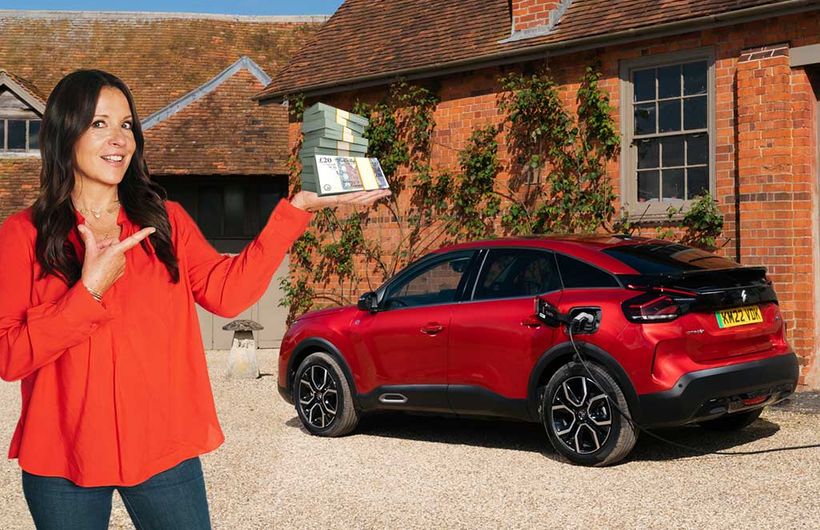Does an electric car electricity tariff ever not make sense? We’ve had a couple of questions from readers about the cheaper overnight energy tariffs for electric car owners, and whether they will make sense for drivers who do fewer miles than the average.
The thinking is that some (but not all) energy suppliers who offer an EV tariff will bump up the daytime rate to compensate, or at least encourage you to use more at night. Therefore, if you use a lot of power during the day or don’t do many miles in your electric car, it could seemingly be false economy to switch over to a special dual rate which favours users who can switch the bulk of their use to night time hours.
So we have run the numbers. Assuming the same criteria used in our ‘Best energy supplier’ round up for average non-car charging use and for a car capable of covering 3.8 miles for every kWh of energy in the battery, the break even point comes at around 700 miles per year on our best tariff from OVO compared to a non-EV rate. That means you only need to cover 14 miles per week for it to make sense to switch.
If you are able to swap some other heavy household power usage to overnight by using timers on washing machines and dishwashers, then the case if even more compelling.
With other suppliers it will actually cost more to charge during the day too. With Octopus, for example, the supplier only offered us the ‘flexibleOctopus’ and ‘Octopusfixed 12m’ tariffs, which both still have a day and night rate – in the case of the former, the rates are a whopping 34.44p during the day and 14.45p at night. This compares to 28.96p and 8.5p for Octopus Go, with the same standing charge.
That means, obviously, that there is no case for not having an EV tariff. For a motorist doing 5,000 miles per year in an electric car it’s £129 per year cheaper on Go rather than Flex, and the savings get bigger as you do more miles.
The reason for this is that energy companies love EV drivers as they are high use customers, and they will therefore offer them ‘bulk’ discounts. It means that in every case we could find, the small increase in daytime rates was massively offset by the big discounts for using in the quieter night time hours.
So, unless you need to charge regularly during the day, it is almost certain that you will be better off on an EV tariff.
Sums are below:
OVO:
Charge Anytime tariff: Cost / kWh Peak = 25.25p – standing charge 49.91p
Cost / kWh Off peak = 7p
Annual cost of peak energy use for household = £681.75
Annual cost of charging car (overnight- 5k miles) = £92.05
Total per year = £955.97
Standard tariff: Cost / kWh Peak & Off peak = 24.74p – standing charge 43.71p
Annual cost of peak use for household = £667.98
Annual cost of charging car (overnight- 5k miles) = £325.33
Total per year = £1153.80
 In almost every case, an EV tariff will save you serious cash
In almost every case, an EV tariff will save you serious cash 











